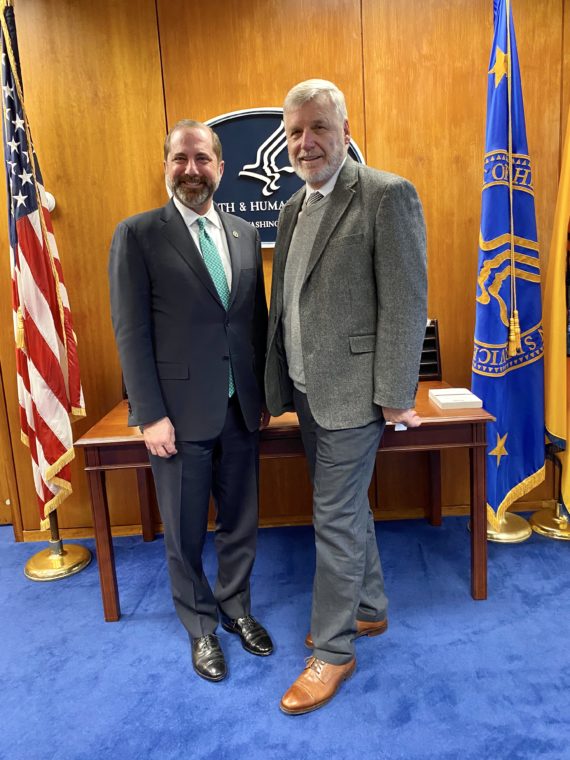A two minute testimonial from a recent Hope Clubhouse member (not the woman mentioned in this blog.)
(1-14-20) From My Files Friday: I’m a big fan of clubhouses and when I gave a keynote nine years ago at a fundraiser for Hope House in Fort Myers, Florida, I heard an inspiring message worth re- retelling. (I will be speaking March 8th at the Key Clubhouse in Miami.)
How A Clubhouse Changed My Life
First posted 10-24-11
The young woman giving her testimony had excelled in high school and gone to college with high expectations – only to have a mental break. Diagnosed as having bipolar disorder, she became so ill that she was forced to drop out. At one point, she felt suicidal.
When she called the local police during a manic episode, rather than getting help, she got into an argument and ended up being arrested. She was jailed overnight, as an officer told her, “to be taught a lesson.”
That experience — at the hands of unsympathetic and poorly trained sheriff’s deputies — resulted in her developing PTSD. She was in such anguish that she simply wanted to give up — until her parents got her to visit the HOPE CLUBHOUSE in Fort Myers, Florida.
“The HOPE CLUBHOUSE,” she said. “Saved my life.”







